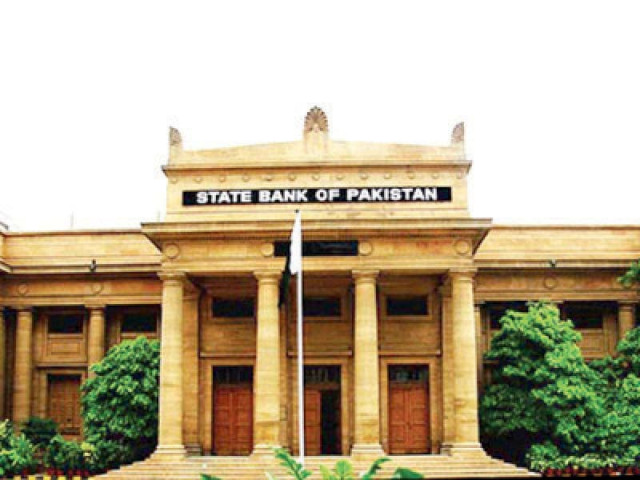Economy rocks as SBP raises interest rates again
Business community criticises govt for ‘mishandling’ economy only to revive IMF

Pakistan’s business community and financial experts have voiced strong criticism against the central bank’s decision to raise its benchmark policy rate to a new record high of 22%. They argue that the government will suffer the most from this rate hike, while the cost of doing business will soar, further shrinking business activities, especially export earnings.
Speaking to The Express Tribune, Head of Research at Arif Habib Limited (AHL), Tahir Abbas explained that every 100 basis points increase in the benchmark policy rate results in an additional burden of Rs200-225 billion in interest payments on the country’s total debt. Consequently, the fiscal deficit is projected to surge to Rs8.75 trillion (or 8.3% of Gross Domestic Product (GDP)) in the current fiscal year 2023, exceeding the government’s own estimate of Rs7.5 trillion for the year, he said.
Abbas noted that the rate hike was implemented to meet the conditions set by the International Monetary Fund (IMF) for the revival of a $6.7 billion loan programme, which is officially expiring on June 30, 2023. However, he warned that this move would further impede banks’ credit flow to the private sector and hinder economic growth in the short to medium term.
Federation of Pakistan Chambers of Commerce and Industry (FPCCI), former vice president, Khurram Ijaz criticised the government for dealing a severe blow to the economy, causing many businesses to suffer. He expressed frustration with the government’s failed attempts to resume the IMF programme since November 2022, accusing them of mishandling the economy under the pretext of programme revival.
Ijaz also highlighted the adverse effects of the government’s actions, including a significant increase in petrol prices, unrealistic power and gas tariffs, and the imposition of new taxes. Despite the central bank’s recent announcement of the reopening of imports, he questioned the effectiveness of this move, pointing out that imports remain practically stagnant, with almost no clearance of import documents in the past two days.
“Would the government or the central bank like to tell us how many import documents it has cleared in the past two days? I’ll tell you – Nil,” he said. According to Ijaz, Pakistan’s interest rate now stands significantly higher than that of its export competitors such as China, India, and Bangladesh. As a result, Pakistan has lost export business to its competitors in recent months. He criticised the central bank for raising the rate under the current circumstances, lamenting that if they were unable to reduce it in the given environment, it should not have been increased either.
The decision to raise interest rates has reignited concerns about the future of the country’s economy and its ability to regain competitiveness in the global market. The government now faces the challenge of striking a delicate balance between meeting IMF conditions and safeguarding the interests of businesses and the overall economy.
Published in The Express Tribune, June 27th, 2023.
Like Business on Facebook, follow @TribuneBiz on Twitter to stay informed and join in the conversation.



















COMMENTS
Comments are moderated and generally will be posted if they are on-topic and not abusive.
For more information, please see our Comments FAQ